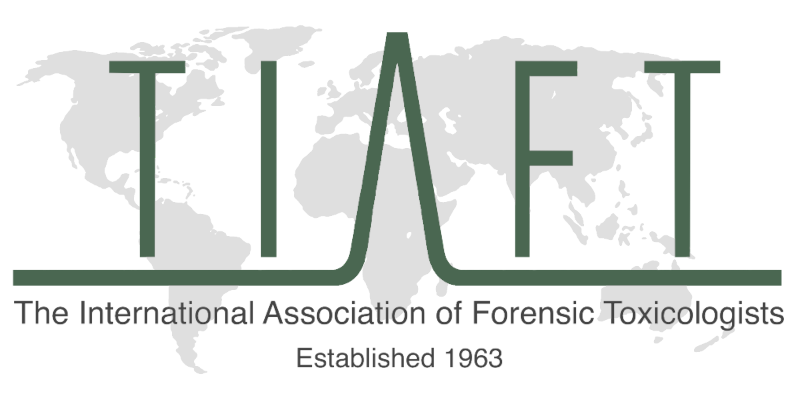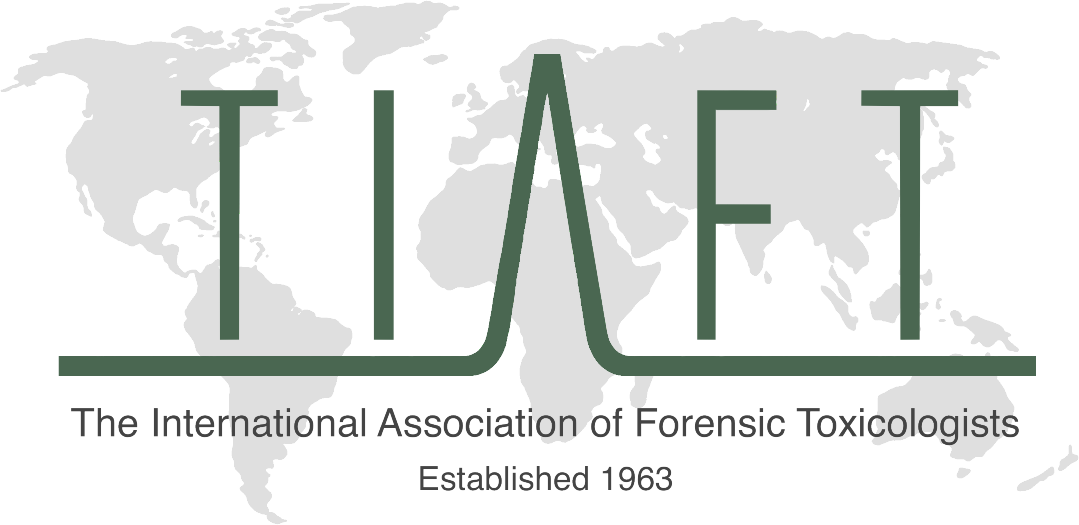Published on: 08-07-2020

Pr. Sanae Achour is the head of the Pharmacology – Toxicology Laboratory Department at the University Hospital “CHU Hassan II” in Fez and the director of the Biomedical and Translational Research Laboratory at the University Sidi Mohamed Ben Abdellah (USMBA). After obtaining her medical degree in 2004, she specialized in toxicology in Morocco's Poison Control and Pharmacovigilance Centre, with further training at the Limoges and Angers university hospitals. In 2015, she obtained her PhD in medical sciences from the Ibn Tofail University (Kenitra, Morocco) with a thesis entitled, “Poisoning in children in Morocco: analysis of the situation since 1980 and strategy to reduce mortality”. She is currently the president of the Moroccan Society of Clinical and Analytical Toxicology (SMTCA, www.smtca.ma).
Pr. Achour has participated extensively in teamwork on poisoning events, such as the International Consensus Group on the Terminology of the Clinical Consequences of Scorpion Bite and a randomized controlled trial against placebo of an equine antivenom F(ab’)2 for envenomation’s scorpion treatment. As the director of the Pharmacology – Toxicology Laboratory Department at CHU Hassan II, she has developed and validated clinical and analytical toxicology methods.
The Pharmacology – Toxicology Laboratory at CHU Hassan II is located in Fez (Morocco). This north-eastern city is often considered the cultural capital of the country, and is famous for the fortified medina of Fez El Bali, with medieval Merinide architecture, lively souks and old-fashioned atmosphere. The laboratory was created in September 2009 to service the entire Fez-Meknes region. Its main goal is to perform toxicological analyses to guide the clinician in his or her diagnostic approach, therapeutic approach and assessment of prognosis of acute and chronic poisoning cases. The laboratory is also involved in drug dependence cases and therapeutic monitoring. The aim of the Therapeutic Pharmacological Monitoring program is to decrease the incidence of therapeutic failures and prevent the onset of unwanted effects of diverse medications, such as antibiotics (gentamicin, amikacin and vancomycin), antiepileptic (valproic acid, phenobarbital, carbamazepine) immunosuppressants (ciclosporin, tacrolimus) and methotrexate. In addition to its full time staff of biologists, toxicologists, chemists and laboratory technicians and its academic staff (hospital practitioners, full professors), the laboratory welcomes PhD candidates and medical students.
The Biomedical and Translational Research Laboratory of Sidi Mohamed Ben Abdellah University (USMBA), also in Fez, carries out research related to toxicology and environmental health. Amongst the more than 50 active projects are:
- Risk of nephrotoxicity linked to the use of plants and mixtures in traditional Moroccan pharmacopoeia;
- Assessment of heavy metals exposure among the tanners of Fez city;
- Detection of lead poisoning by artisanal manufacturers of Khôl in the old medina of Fez and in children in the Fez-Boulemane region;
- Assessment and prevention of health risks linked to the use of pesticides in the professional environment (Moroccan farmers).
Related and recent publications:
- Touiti, N., Achour, S., Iken, I., Chebaibi, M. and Houssaini, T. S. (2019). Nephrotoxicity associated with herbal medicine use, experience from Morroco. Toxicologie Analytique et Clinique, 31, 145-152. https://doi.org/10.1016/j.toxac.2019.04.001
- Bouftini, S., Bahhou, J., Lelièvre, B., de la Barca, J. C., Turcant, A., Diquet, B. et al. (2015). Screening for childhood lead poisoning in the industrial region of Fez, Morocco. Archives of environmental contamination and toxicology, 68, 442-450. https://doi.org/10.1007/s00244-014-0108-5
- Achour, S., Iken, I., Abidi, K., Dumont, X., Messouak, O., Belhcen, F. et al. (2019). Dépistage du saturnisme chez une famille travaillant dans la fabrication artisanale du Khôl. Toxicologie Analytique et Clinique, 31, S46. https://doi.org/10.1016/j.toxac.2019.03.063


